Key Considerations When Choosing an E-commerce Management Service Provider
What to Look for and Questions to Ask
Choosing the right e-commerce management service provider is a pivotal decision for any online business looking to thrive in the bustling digital marketplace. It’s about finding a partner who can not only help manage your online store efficiently but also take your brand to the next level. Emmerce Limited emerges as a standout option in this highly competitive space, offering comprehensive solutions tailored to meet the unique needs of your business. With a focus on maximizing sales, optimizing customer experience, and streamlining operations, partnering with Emmerce Limited means paving the way for your e-commerce success. Essential considerations and pointed questions become your tools in selecting the best service provider, ensuring that your e-commerce venture is in capable hands.
Factors to Consider 
When you’re on the hunt for an e-commerce management service provider, you’re essentially looking for a partner to help steer your online business towards success. It’s critical, then, to weigh several factors before making your choice. These considerations will not only help you align your business goals with the capabilities of the service provider but also ensure a smooth and efficient collaboration in the long run.
Pricing and Service Packages
First off, let’s talk money. Pricing and the detailed breakdown of service packages should be at the top of your consideration list. Understand that the cheapest option may not always offer the best value for money. Instead, focus on what you’re getting for your investment:
– Comprehensive details of the service package: What’s included and, just as importantly, what’s not?
– Flexibility and scalability: Can the service plan grow with your business?
– Hidden costs: Are there any additional fees for setup, customization, or support?
Look for a provider that offers clear, transparent pricing and packages that align with your business needs, both current and future.
Experience and Expertise

Next up, you gotta dig into the provider’s experience and expertise. This isn’t just about the number of years they’ve been in business (though that’s certainly important). It’s about their specific experience with e-commerce businesses, particularly ones similar to yours.
– Industry specialization: Do they have a proven track record in your industry?
– Technology and tools: Are they using the latest technologies that can give you an edge in the market?
– Team expertise: What qualifications and experiences do their team members bring to the table?
An experienced service provider with a deep understanding of e-commerce intricacies will be better equipped to handle challenges and drive your business forward.
Key Questions to Ask Potential Service Providers
After narrowing down your options based on the factors above, it’s time to engage potential service providers with some critical questions. These questions will help you gauge their capabilities and fit for your e-commerce business.
What is Your Track Record with Similar E-commerce Businesses?

You want to know how they’ve contributed to the success of other e-commerce businesses:
– Ask for specific examples of success stories or case studies.
– Look for evidence of understanding your industry’s unique needs.
– Inquire about their problem-solving approaches for common issues in your niche.
How Do You Ensure Data Security and Privacy?

With data breaches increasingly common, ensuring your customer data is secure is non-negotiable:
– Inquiry about their data security measures and protocols.
– Ask if they comply with international data protection regulations (like GDPR).
– Understand their response plan for potential data security incidents.
Can You Provide Client References?
Finally, nothing speaks louder than the voice of existing or past clients:
– Request references or testimonials from businesses similar to yours.
– Follow up with these references to ask about their firsthand experience with the provider.
– Specifically, inquire about the provider’s responsiveness, reliability, and ability to deliver on promises.
Choosing the right e-commerce management service provider is a crucial step for your online business. By considering the outlined factors and asking these key questions, you’re setting yourself up for a fruitful partnership that can help your e-commerce venture thrive.
Transparency and Communication

Navigating the intricate world of e-commerce is no small feat, and having a transparent and communicative service provider by your side makes all the difference. The pivot from traditional retail to online platforms has underscored the critical need for clear and ongoing dialogue between business owners and their e-commerce management service providers.
Importance of Clear Communication Channels
Establishing clear communication channels from the get-go sets the stage for a productive partnership. A service provider worth their salt will be proactive in setting up regular check-ins, whether through email updates, scheduled calls, or real-time dashboards. These communication avenues ensure you’re always in the loop, from minor updates to major strategic shifts. Ask potential providers about their communication standards and tools. How often can you expect updates? What’s their response time for queries? Their answers will give you a solid indication of how valued your business will be.
Availability of Reporting and Analytics
Data drives decisions in the digital realm. Hence, your e-commerce management service provider must offer comprehensive reporting and analytics capabilities. These insights allow you to understand your online store’s performance, customer behavior, and overall market trends. When discussing with potential providers, inquire about the type of reports you’ll have access to and the frequency of these reports. It’s pivotal that you have clarity on your store’s performance and the strategic decisions being made on its behalf. A provider that prioritizes transparency will have robust mechanisms in place for sharing these insights regularly and in an understandable format.
Customization and Scalability
In a market that’s as vast and varied as e-commerce, a one-size-fits-all approach simply doesn’t cut it. Your business is unique, with its own set of challenges and goals. Thus, the ideal e-commerce management service provider should offer solutions that can be customized to align with your specific needs and scale as your business grows.
Tailoring Services to Fit Your Business Needs

Customization is the key to ensuring that the services provided resonate with your business model, product offerings, and target audience. From the layout of your online store to the integration of bespoke features that enhance user experience, your provider should be capable of tailoring their services to suit your unique requirements. During your selection process, delve into how a potential provider approaches customization. What’s their process for understanding your business needs? How flexible are they in adapting their services to suit these needs? The depth of their responses will reveal their commitment to providing a truly bespoke service.
Ability to Scale with Your Business Growth
Your e-commerce business is not static. As it grows, your requirements will evolve, often becoming more complex. It’s crucial that your e-commerce management service provider can not only meet your current needs but is also equipped to support your future growth. Scalability in services, infrastructure, and support is fundamental. Ask potential providers about their experience with growing businesses, and how they handle scaling up services. Can they support an increase in product listings, handle higher traffic volumes, and enhance features as your business expands? Their capacity to scale alongside your business is indicative of a long-term partnership that can weather the ebbs and flows of the e-commerce landscape.
Integration Capabilities
Integration capabilities stand as a critical pillar when selecting an e-commerce management service provider. This facet of service provision ensures that the digital architecture of your business is cohesive, streamlined, and, above all, efficient. In today’s fast-paced digital marketplace, the ability to integrate your existing systems and third-party tools with your e-commerce platform is not just an advantage—it’s a necessity.
Compatibility with Existing Systems

The first step to ensuring a smooth integration process involves assessing the compatibility of the e-commerce management service with your existing systems. This means looking into whether the platform can seamlessly integrate with your current inventory, customer relationship management (CRM) systems, and any other software that is critical to your operations. The goal here is to ensure a harmonious ecosystem within your business’s digital infrastructure, eliminating the need for manual data entry and the potential for human error. When evaluating potential service providers, explicitly inquire about their experience and success rates in integrating with the types of systems you already use. Compatibility is a key factor that can significantly affect the efficiency and scalability of your business.
Support for Integration with Third-party Tools
Beyond the basics, your e-commerce management service provider should also offer robust support for integrating with third-party tools. These might include email marketing software, social media platforms, payment gateways, and analytics tools. Such integrations expand your business’s capabilities, enabling you to offer a more comprehensive and seamless experience to your customers. It’s important to understand not only which third-party integrations are supported but also how these integrations are managed. Will the e-commerce service provider assist with the setup and ongoing maintenance of these integrations? Their ability to support a wide range of third-party tools and provide assistance in integrating them speaks volumes about their flexibility and commitment to serving your business needs.
Customer Support and Response Time

In the realm of e-commerce, where the digital storefront never closes, the availability of customer support and their response times becomes paramount. Working with a service provider that offers exceptional customer support can be the difference between a minor hiccup and a major business disruption.
Evaluating Support Availability
When considering an e-commerce management service provider, it’s essential to examine the levels of customer support they offer. This includes their hours of operation—are they available 24/7, or only during traditional business hours? Also, consider the channels through which support is offered. Can you reach them via email, phone, live chat, or social media? The more avenues for support, the better. It’s also beneficial to assess the provider’s reputation regarding customer support. Look for reviews or testimonials from current or past clients to gauge their experiences.
Response Time for Queries and Issues
Equally important to the availability of support is the provider’s response time to queries and issues. In the digital age, even minor delays can lead to significant losses in sales and customer dissatisfaction. Inquire about the average response time and the process for escalating issues that require urgent attention. Understanding how a service provider prioritizes and handles customer issues will give you insight into their commitment to your business’s success. It’s advisable to seek a provider who demonstrates a proactive approach to customer support, ensuring that your business’s needs are not just met but anticipated.
Choosing an e-commerce management service provider is a crucial decision for your business. Prioritizing integration capabilities and customer support in your selection criteria will help ensure that your e-commerce operations run smoothly and efficiently, allowing you to focus on growth and customer satisfaction.
Conclusion
Selecting the right e-commerce management service provider is a pivotal decision that can significantly influence the trajectory of your online business. It requires careful consideration, thorough research, and a clear understanding of your business needs. By focusing on the provider’s expertise, technological capabilities, scalability, support services, and pricing structure, you can ensure that your choice aligns with your business objectives. Don’t hesitate to ask pointed questions about their experience, solutions tailored to your industry, and how they measure success. Remember, your decision doesn’t just impact your operations; it shapes the customer experience you offer and your brand’s growth potential. Choosing a service provider like Emmerce Limited, known for its comprehensive services, could be the partnership you need to navigate the complexities of e-commerce management effectively. With the right team behind you, the possibilities for success in the digital marketplace are boundless.










